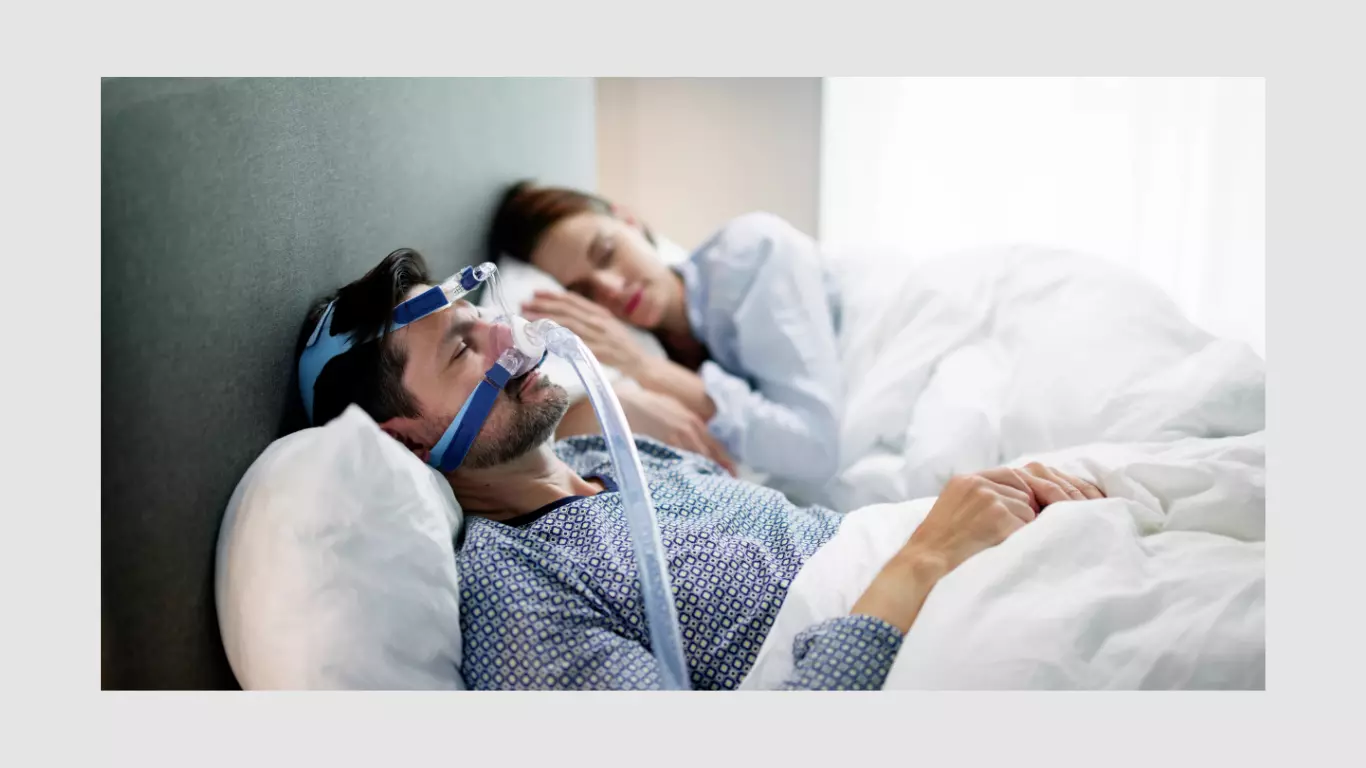In the quiet solitude of your own home, you can now take a crucial step towards addressing a potentially serious health concern: sleep apnea. The convenience of a sleep apnea test at home allows you to assess your breathing patterns and identify potential sleep apnea without needing an overnight stay in a sleep laboratory.
This alternative approach offers a comfortable, stress-free setting for uating sleep health.
What is Sleep Apnea?
It is characterized by repeated pauses in breathing during sleep and can significantly impact your overall health and well-being. If left untreated, it can lead to a range of health complications, including:
- Excessive daytime sleepiness
- Impaired cognitive function
- Increased risk of heart disease, stroke, and high blood pressure
- Mood swings and depression
The Convenience of Home Sleep Apnea Testing
A sleep apnea test at home offers several advantages over traditional sleep studies conducted in a laboratory setting:
- Comfort and familiarity: You can participate in the test from the comfort of your bed, surrounded by familiar surroundings, which can promote relaxation and better sleep quality.
- Flexibility and convenience: Home sleep apnea tests typically involve wearing a small, portable device overnight. This allows you to maintain your regular sleep routine and avoid the disruption of staying in a sleep laboratory.
- Cost-effectiveness: Home sleep apnea tests are often more affordable than traditional sleep studies, making them a more accessible option for many individuals.
How Does a Home Sleep Apnea Test Work?
A home sleep apnea test utilizes a portable device that monitors various aspects of your sleep, including:
- Breathing patterns: The device tracks your breathing patterns, recording any pauses or reductions in airflow.
- Oxygen levels: The device monitors your oxygen saturation levels, which can drop during apneic episodes.
- Heart rate and rhythm: The device records your heart rate and rhythm, providing additional insights into your sleep quality.
Preparing for a Home Sleep Apnea Test
To ensure accurate results from your home sleep apnea test, follow these guidelines:
- Consult your doctor: Before taking a home sleep apnea test, discuss it with your doctor to determine if it is the right option. They will provide specific instructions based on your individual needs and medical history.
- Avoid alcohol and smoking: Avoid consuming alcohol or smoking in the hours leading up to the test, as these substances can interfere with sleep patterns and affect test results.
- Maintain a regular sleep schedule: Stick to your usual bedtime and wake-up time to ensure a consistent sleep pattern for accurate testing.
- Read the instructions carefully: Carefully review the instructions provided with the home sleep apnea test kit to ensure proper setup and use of the device.
Interpreting the Results of a Home Sleep Apnea Test
Access online demand for professional analysis of your home sleep apnea test results, gauging the severity and guiding effective solutions. Your doctor will discuss treatment options tailored to your specific needs based on the test results.
Conclusion
A sleep apnea test at home offers a convenient, comfortable, and cost-effective alternative to traditional sleep studies. By taking this proactive step, you can gain valuable insights into your sleep health and address any potential sleep apnea concerns, improving your overall well-being and quality of life.

